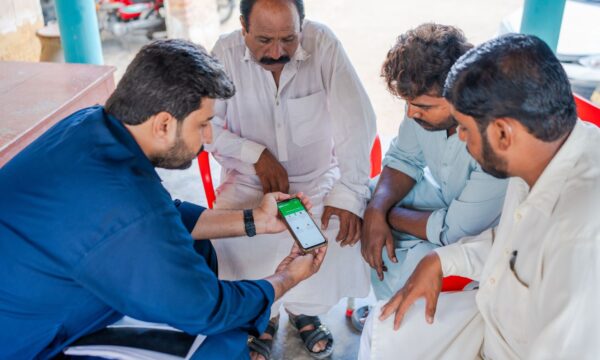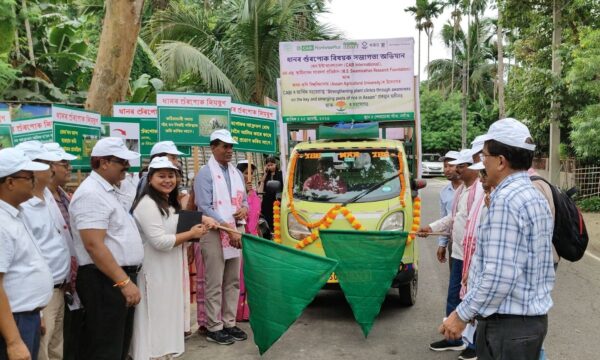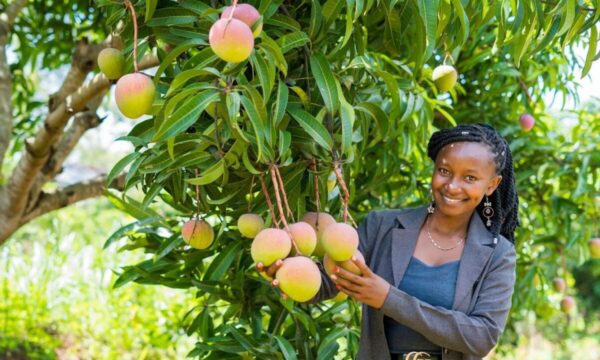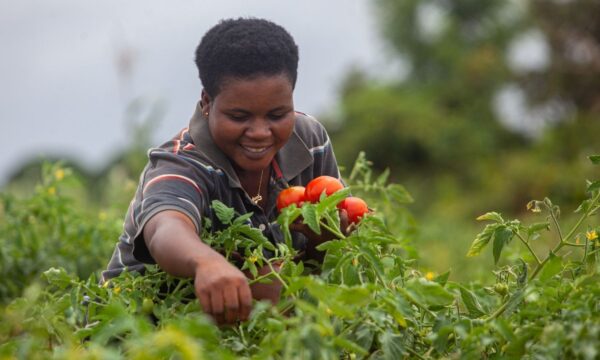With the global population expected to reach 9.7 billion by 2050, the challenge of feeding more people while protecting our planet has never been more urgent. Traditional farming methods often rely heavily on chemical pesticides, contributing to ecosystem damage and human health concerns.
Integrated pest management (IPM) is an approach that combines biological, cultural, and chemical tools to manage pests sustainably. By reducing reliance on pesticides while maintaining crop yields, IPM helps farmers produce more food responsibly.
How IPM supports sustainable food production
IPM transforms how farmers approach pest control by focusing on prevention and long-term solutions rather than quick chemical fixes. This holistic strategy uses:
- Crop rotation to break pest cycles
- Beneficial insects for natural pest control
- Resistant varieties to reduce vulnerability
- Targeted pesticide application only when necessary
The result is healthier soils, reduced environmental impact, and more resilient farming systems. In Bangladesh, plant clinics have helped farmers reduce pesticide use while maintaining crop productivity across 383 active clinic sites. By teaching farmers to identify problems early and apply appropriate treatments, IPM enables the production of more food on existing farmland without degrading natural resources.

Benefits of IPM for sustainable food production
The advantages of IPM extend far beyond pest control. Farmers implementing IPM practices report improved soil health, increased biodiversity on their farms, and reduced production costs over time. IPM also reduces farmer exposure to harmful chemicals, improving community health outcomes. Most importantly for food security, IPM helps stabilise yields by building resilient farming systems that can withstand pest pressures and changing climate conditions.
How IPM links to Sustainable Development Goals
IPM directly contributes to achieving key Sustainable Development Goals:
- Zero Hunger (SDG 2): By increasing crop yields and reducing losses, particularly crucial given that 40% of crops worldwide are lost to pests annually
- Responsible Consumption and Production (SDG 12): By reducing pesticide use and encouraging sustainable farming practices that protect both crops and environment
- Life on Land (SDG 15): By protecting beneficial insects, improving soil health, and reducing chemical contamination to support biodiversity conservation
How plant clinics support IPM uptake for smallholder farmers
Plant clinics function like medical clinics for crops, where trained plant doctors diagnose problems and recommend science-based solutions using IPM approaches. Scalable solutions like plant clinics are making this approach accessible to millions of smallholder farmers worldwide removing barriers that prevent smallholder farmers from adopting sustainable practices. For example:
- Nepal: Mobile plant clinics supported over 655 farmers in just four months, with participants gaining knowledge about sustainable pest management techniques that protect both crops and the environment
- Bolivia: Plant clinics integrated into agricultural training programs are preparing the next generation of advisors to promote IPM techniques
- Uganda: Female farmers accessing plant clinics report better harvests and increased incomes, empowering female farmers with knowledge and resources
By providing practical, localised advice in farmers’ native languages, plant clinics make complex IPM concepts accessible and actionable for rural communities.
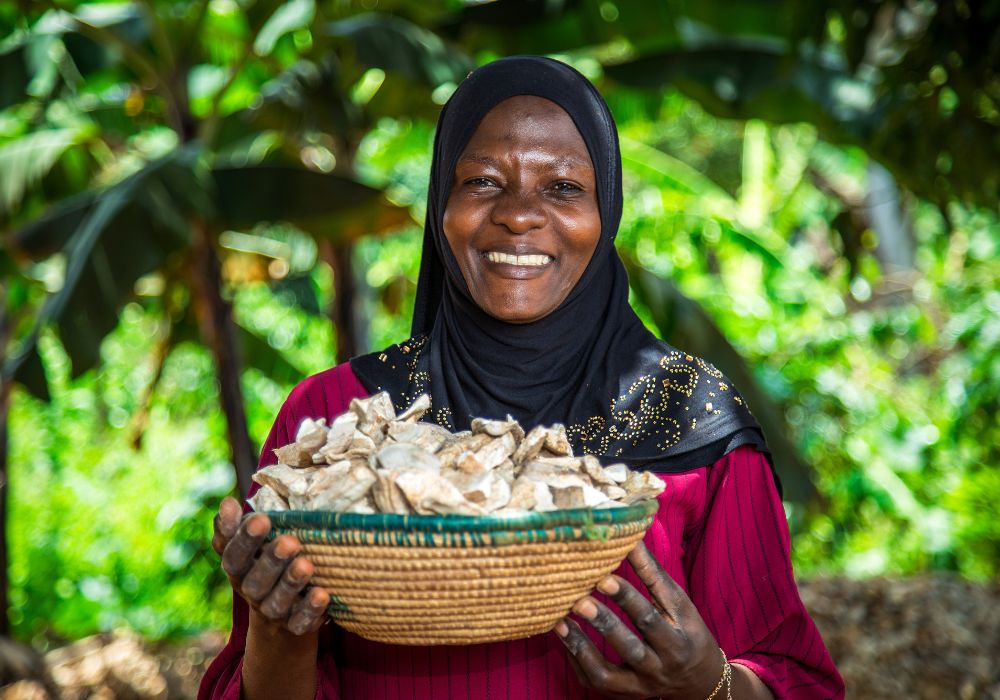
Plant clinics prove scalable for sustainable food production
The remarkable growth of plant clinics demonstrates their potential to transform agriculture at scale. From Bangladesh’s first clinic in 2013 to today’s network of 383 clinics, the model has proven adaptable across diverse contexts. In Pakistan, the plant clinic has been taken up extensively by the local government, while the global PlantwisePlus network has reached over 50 million farmers. This scalability is crucial for sustainable food production because it enables rapid knowledge transfer and supports widespread adoption of IPM practices across entire regions.
Summary
IPM represents a proven pathway to sustainable food production, offering farmers the tools to grow more food while protecting environmental and human health. Trained plant doctors, working through plant clinics help smallholder farmers access practical IPM knowledge and solutions at scale. With their demonstrated ability to reach millions of farmers across diverse agricultural systems, plant clinics are an important tool for achieving sustainable food security. Policymakers, agricultural organisations, and donors can strengthen food system resilience by supporting IPM promotion and proven delivery models like plant clinics to build resilient food systems for our growing world.
Related News & Blogs
In photos: how plant clinics support advisory services in Bangladesh
Over the past decade, CABI has worked in Bangladesh to strengthen national plant health systems, first through Plantwise and since 2021, PlantwisePlus. The programme works with partners to ensure farmers have access to reliable, science-driven crop hea…
24 February 2026

